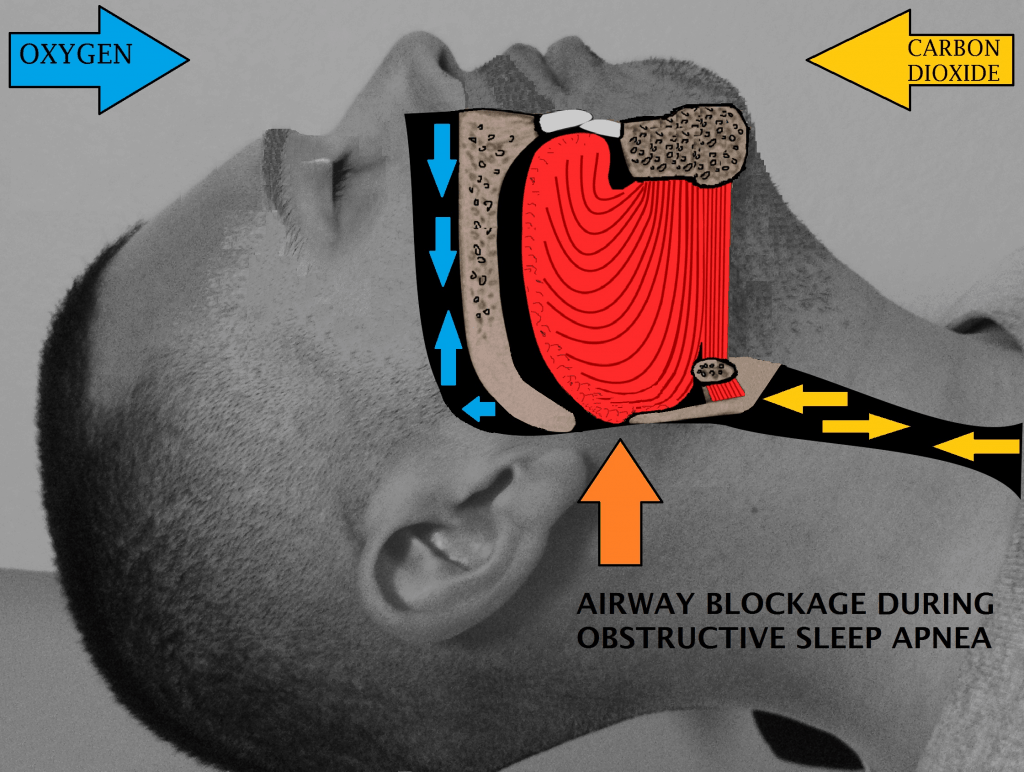Did you know that snoring isn’t limited to a sleep state? Some people even report snoring while awake.
One thing’s for sure, people snore for a number of reasons. Usually, they do it when they're about to fall asleep. The funny thing is, even though they're awake, they most likely don’t hear themselves.
On the other hand, sometimes they manage to hear the sound. However, they are unable to realize that they are the one making the sounds.

Now that you know what this condition looks like, it’s time you learned that it’s not all fun and games. Sadly, snoring while awake may be a sign of a serious condition we know as “obstructive sleep apnea” or OSA. This is a condition that can be extremely dangerous.
OSA basically causes the person to stop breathing for a couple of seconds. This usually happens in intervals during the night. It can take anywhere from 10 to 60 seconds for someone to resume breathing. Once they start breathing again, it usually initiates with an audible noise.
People who suffer from OSA have much narrower breathing passages, which makes it difficult for them to breathe properly. Also, OSA may affect the way they sound even when they aren’t asleep.
So now you know what hides behind those “comic” situations when someone is snoring loudly even while awake. In fact, OSA also has something to do with the hilarious snorts people produce when they laugh.
Remember, the width of their airways doesn’t change. They stay the same at all times. However, snoring is a result of the throat muscles relaxing enough to vibrate. Muscles are completely relaxed when nodding off, sleeping, and laughing.
Remember that the state that leads to snoring is a state of total relaxation. Let’s try to paint you a picture of what actually goes on in the body.
First of all, your muscles that are at the back of your tongue and at the rear of your palate become so loose that they can’t manage to hold everything out of the airway. And, when a person is in the standing position, it’s unlikely that muscles can get that relaxed. Gravity doesn’t let that happen in the upright position.
So, if you want to quiet a snorer, you could try raising their head. An even easier way is to make them sleep on a sleeping wedge. That way, the gravity will take care of holding the soft palate tissue in place and out of the airway.
If all of this sounded a little too familiar to you and or you know someone who snores, remember that this is a condition that shouldn’t be neglected. We’d like to note that OSA can be dangerous and it’s not something you can afford to overlook. So, in case you are suspicious of OSA, we highly recommend running the necessary tests and undergoing therapy and seeking medical expertise.
However, if you occasionally have problems here and there, it doesn’t necessarily mean it’s OSA. It could be something much milder, like allergies or a cold. In addition to that, anything that makes your sinuses stuffy can lead to snoring.
The bottom line is that a cold or allergies will go away and there’s a way to treat OSA. The most important thing is to learn what it is and know how to deal with it.

Snoringsource.com is a participant in the Amazon Services LLC Associates Program, an affiliate advertising program designed to provide a means for website owners to earn advertising fees by advertising and linking to amazon(.com, .co.uk, .ca etc) and any other website that may be affiliated with Amazon Service LLC Associates Program.